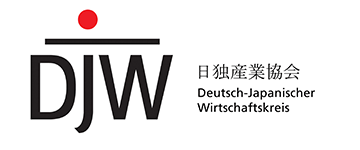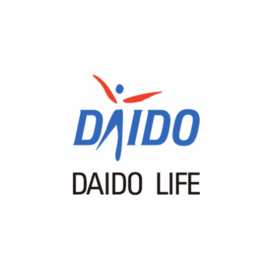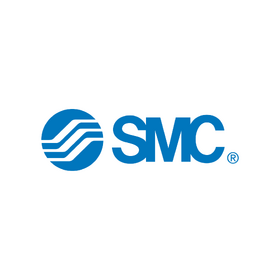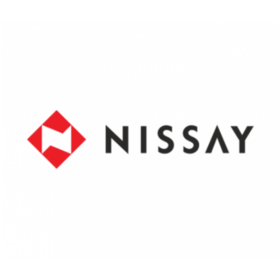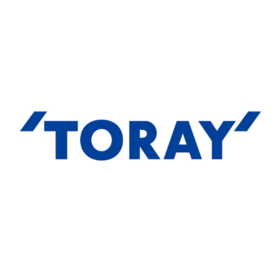Dr. Shigeki Hirano, Department of Neurology, Graduate School of Medicine, Chiba University
Japanese-German research collaboration
In 2015, Chiba University has opened ‘Chiba University Berlin Office’ in Charité University, located in Berlin Germany, which prompts interaction of research program and student exchange program between two universities. In Charité University, Professor Paul leads the unit called ‘NeuroCure’, the world-leading laboratory for the chronic neuroinflammtorory disorders. On the other hand, Department of Neurology Graduate School of Medicine Chiba University is chaired by Professor Kuwabara, internationally leading researcher for peripheral nerve disorder of chronic neuroinflammation and conducts several multi-center therapeutic trials as a primary investigator. Also in Chiba University, associate professor, Dr. Mori specializes in clinical and immunological aspects of the chronic neuroinflammatory disorders in the central nervous system, including neurological disease such as, ‘multiple sclerosis’ and ‘neuromyelitis optica’. The prevalence of multiple sclerosis is higher in the western countries compared to those in Japan, which contrasts with the fact that high prevalence of neuromyelitis optica in Japan. In 2017, Professor Paul and Professor Kuwabara has agreed to establish research collaboration and was named ‘Charité Chiba Collaborative Laboratory for researching Chronic Neuroinflammation (CCC-Neuro)’(http://www.ccc-neuro.org/).
The concept of CCC-Neuro is to share the advantage of medical technologies in both universities and apply bidirectional data sharing system. For several times, we have been spending our time to discuss the research ideas and information.
Ms Otte (MSc), PhD student of Charité University, has stayed 2 months in Chiba University during the summer 2018. She has been programming the system called ‘motognosis’ which scans, analyzes motion automatically by using non-invasive infrared depth sensory camera.(http://motognosis.com/). She has installed this motognosis system in Chiba University to collect data and analyze. By scanning healthy subjects and neurological disorder in both countries, this system will reveal the similarities and differences of movements between disorders and healthy people in both countries. This system has been validated for several movements, easy to perform and shall be applied not only for diagnostic purposes but also for evaluation of therapeutic trials in neurological disorders.
This motognosis project, which is the part of the CCC-Neuro program, will scientifically elucidate the complex abnormal movements shown by neurological disorders. Exchanging researchers and research system needs some time and funds, but can be overcome by passion and perpetual application for grants. We hope that this project will be the prototype for the better understanding of both countries as well as the pathophysiologies of chronic neuroinflammatory disorders.
